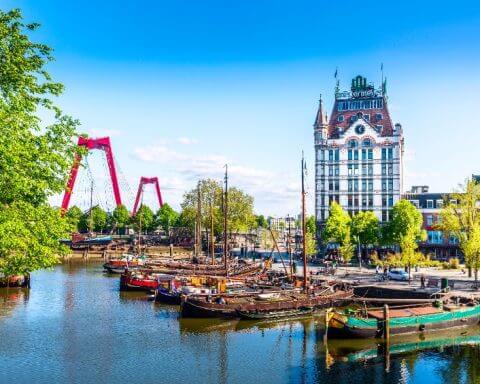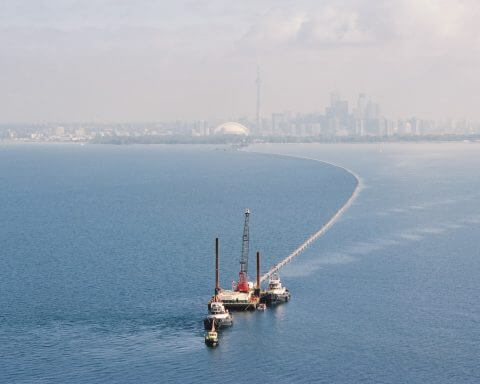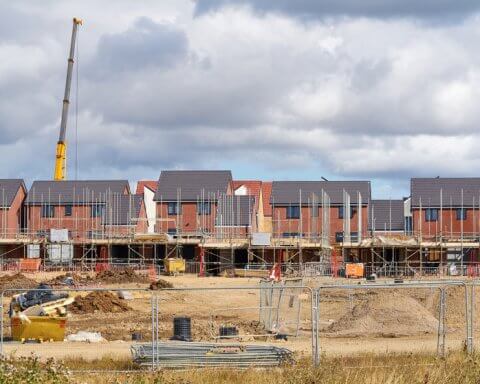CK: How can cities prepare for a peak oil future?
RUBIN: The trend from the last four decades has been suburban sprawl. Increasing amounts of car ownership and huge extension of freeways moving into the hinterland has seen people moving from the cities to the suburbs. This is an unsustainable practice. Firstly, the cost of commuting is going to increase. Secondly, we’re going to find that much of the prime agricultural land that has been paved over to accommodate urban sprawl, like in Southern Ontario, will be needed for [agriculture].
In a world of triple-digit oil prices, we’re not going to get chicken wings from China. Sure, the wages are going to be cheaper there. But what we save we’ll more than squander on [the fuel it takes to get] food here. So there’s going to be a move back to local or regional agriculture dictated by higher prices. You’re going to see a movement of people from far-flung suburbs back into the city.
The biggest issue will be public transit. I forecast out of a vehicle stock of roughly 250 million vehicles in the U.S., some 20 per cent would take the exit lane if motorists had to pay the same fuel prices as Western Europeans have for the last 10 years. But if [those] drivers were to get off the road right now and try to get on a bus or a subway, they wouldn’t be able to. No transit system in North America has 20 per cent spare capacity.
CK: What about peak water?
RUBIN: The problem is water and growing populations [aren’t in the same places]. We’re going to find areas like the U.S. Southwest becoming a lot more unsustainable, and cities like Boston might get another at-bat in terms of economic revitalization. The cities along the Great Lakes look significantly advantaged. [Freshwater access] will become even more important as global climate change leads to greater water scarcities in areas that have recently seen huge increases in population and economy.
CK: How will peak oil affect international business?
RUBIN: It’s going to change the very nature of the way business is organized. In recent decades companies have become extremely specialized. We’re going to find that most businesses—except, ironically, the oil business and other resource businesses—are going to become a lot more local and regional. Markets far away on the other side of the world are going to soon become inaccessible because of transport costs. Your familiarity with your local market will probably become one of your most important sources of comparative advantage.
Just-in-time inventories will not be possible in a global supply chain. Even the idea of a global supply chain may become untenable. You’re already seeing companies like Procter and Gamble reorganizing their supply chains as transport costs become a lot more important.
CK: What do you favour as an alternative to oil?
RUBIN: Unfortunately, there is no substitute for oil as a transit fuel, mainly because natural gas packs only one quarter of the energy density of oil. We don’t have enough time [to develop a substitute] and our rendez-vous with triple-digit oil prices [per barrel] is not in 10 or 15 years, but in 10 or 15 weeks. The solution lies on the demand side. We have to change our economy so that it’s not so dependent on oil or transit costs. Instead of operating as a global economy, which is an energy and oil-intensive way of doing business, we have to go back to local or regional economies. It won’t prevent oil from being in triple-digit range, [but] it’ll certainly mitigate the impact of those oil prices on our economic performance.”







